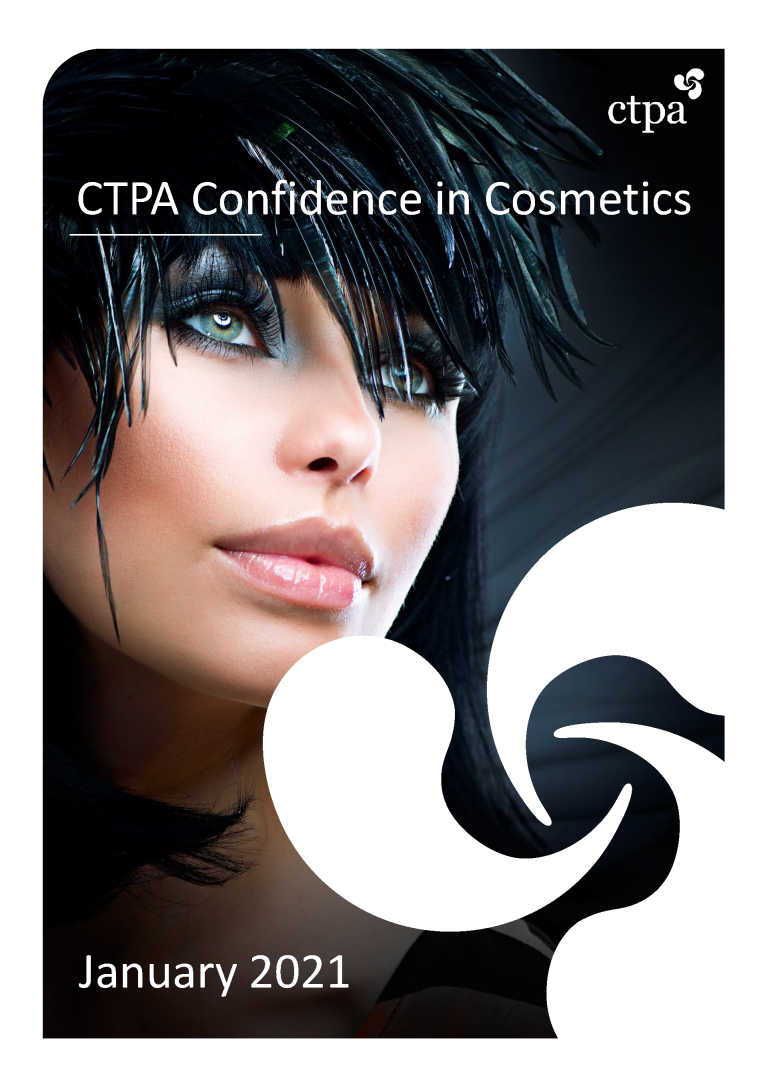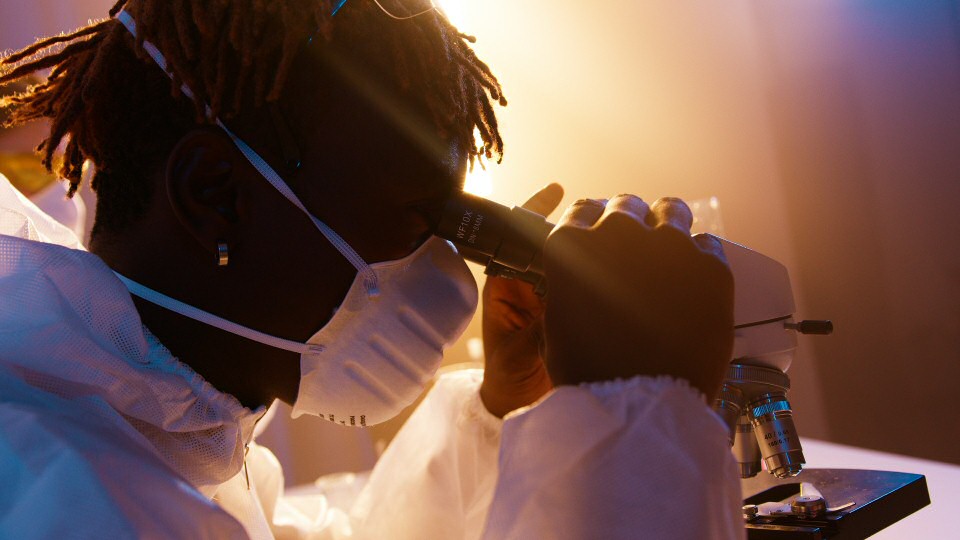Cosmetic and personal care products can help us to feel confident in our appearance, whether it is products that make us smell nice, like deodorants or perfumes, or those that help us to look good or take care of ourselves, like make-up, moisturisers, suncare, oralcare and shampoo. So, having confidence in the safety of the cosmetics we use is very important.
Confidence in Cosmetics
 UK and European laws that ensure the safety of these types of product call them 'cosmetics' and this is the term we use throughout this website. Cosmetics include shampoos; hair dyes; moisturisers and cleansers; anti-ageing creams; antiperspirants; sunscreens; oral hygiene products such as toothpastes; and fine fragrances and other perfumery products.
UK and European laws that ensure the safety of these types of product call them 'cosmetics' and this is the term we use throughout this website. Cosmetics include shampoos; hair dyes; moisturisers and cleansers; anti-ageing creams; antiperspirants; sunscreens; oral hygiene products such as toothpastes; and fine fragrances and other perfumery products.
Cosmetics are applied directly to skin, hair and nails so it is crucial that they are safe to use. Years of scientific research and testing goes into making each and every item in our bathroom cabinets and make-up bags. It takes whole teams of scientists to develop just one new product.
As far as safety is concerned, it makes no difference whether a chemical is natural, man-made (synthetic), from an organically-grown source, or from a recycled source etc. The body really cannot tell the source of an ingredient and this makes no difference to how our bodies process and use chemicals. All ingredients must be safe to use, as must be the final cosmetic product. The safety laws controlling cosmetic products are extremely stringent. In the UK, the manufacture and supply of cosmetics is governed by the UK Cosmetics Regulation and compliance is mandatory.
While the UK has left the EU, nothing has changed in terms of the safety of cosmetic and personal care products. The UK Regulation is aligned to strict EU rules and importantly the animal testing bans on ingredients and products have remained firmly in place.
Who Checks Safety?
 Every new product must undergo a full safety assessment before it is allowed on the shelves and this is a strict requirement under the UK cosmetics law, which also provides guidance on how this safety assessment must be carried out and by whom. It also specifies that cosmetic products must not damage our health .
Every new product must undergo a full safety assessment before it is allowed on the shelves and this is a strict requirement under the UK cosmetics law, which also provides guidance on how this safety assessment must be carried out and by whom. It also specifies that cosmetic products must not damage our health .
Safety assessments may only be carried out by certain qualified professionals and must cover the finished product, all of the ingredients, how it was manufactured and how it will be used, by whom and in combination with which other type of products. The requirements for safety assessors are stringent; the assessor must be specifically qualified and have appropriate experience to make the assessment.
These assessments may be inspected at any time by the enforcement authorities, usually Trading Standards in the UK, which means companies are accountable for every decision they make.
There are three layers to the safety assessment process:
- firstly, there is UK legislation that requires cosmetics to be safe;
- secondly, there is the professional safety assessor who personally signs to say the cosmetic product is safe;
- thirdly, there is the control by authorities checking on products placed on the market.
Science Evolves
Often the media pick up on press releases from new scientific studies. It is important that the whole paper is analysed to ensure the reporting is accurate. The cosmetics industry takes its responsibility to consumers very seriously and is keen to investigate any new scientific study or report to see what implications, if any, there are for cosmetic products. Whilst new science is of interest and academic importance, it is very important to put the science into the context of the wealth of research already available.
Cosmetic Science Explained
Written in everyday language without technical jargon, CTPA's dedicated consumer site, www.thefactsabout.co.uk, provides information on the science behind cosmetics, CTPA commentary on topical issues and help for consumers.
Sections include: What is in my cosmetic? and Understanding your label as well as explanations about choosing and using the science and safety behind different types of products such as sunscreens, oralcare, hair colorants, skincare, babycare and more. You will also find clear information and advice on allergy, the animal testing ban and setting the record straight on common myths and misinformation.

.png)